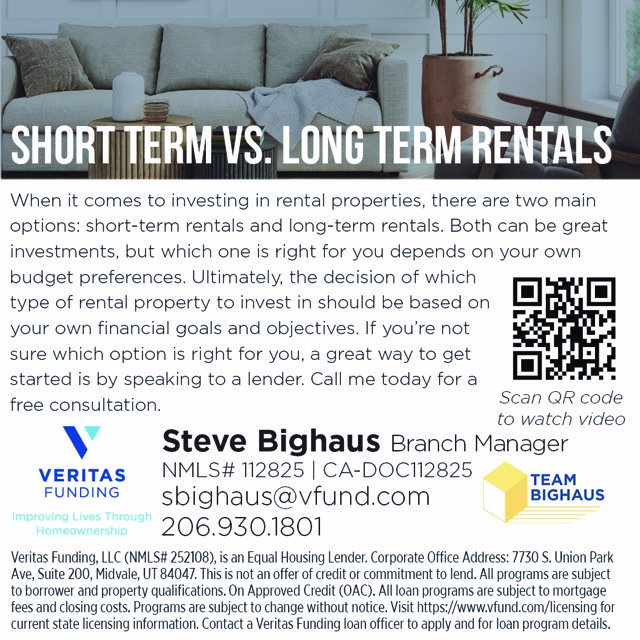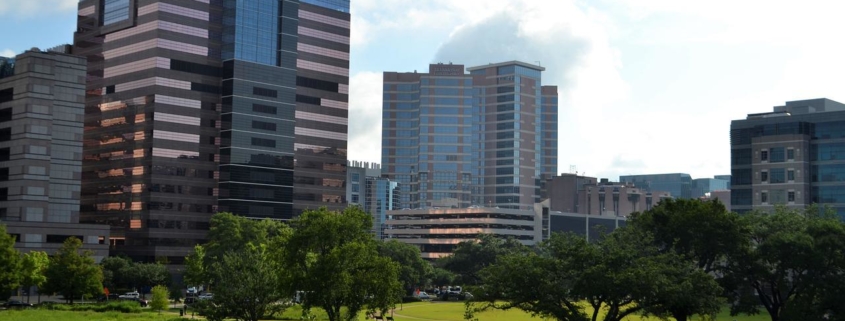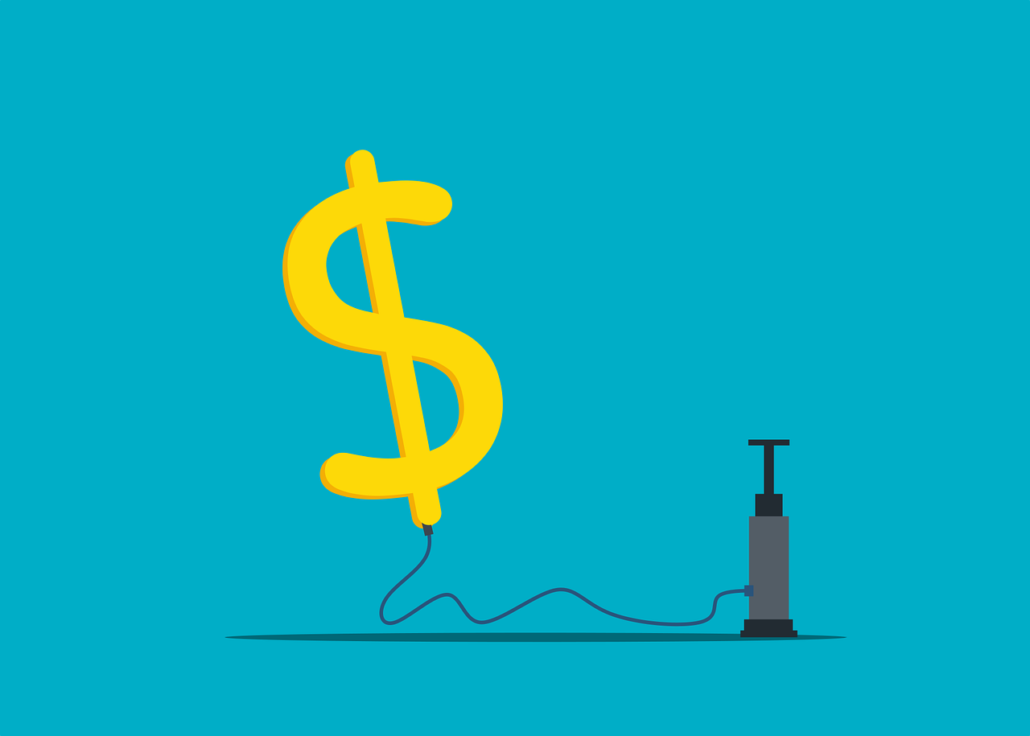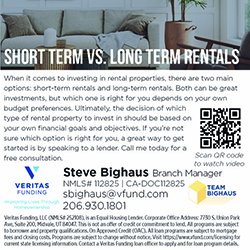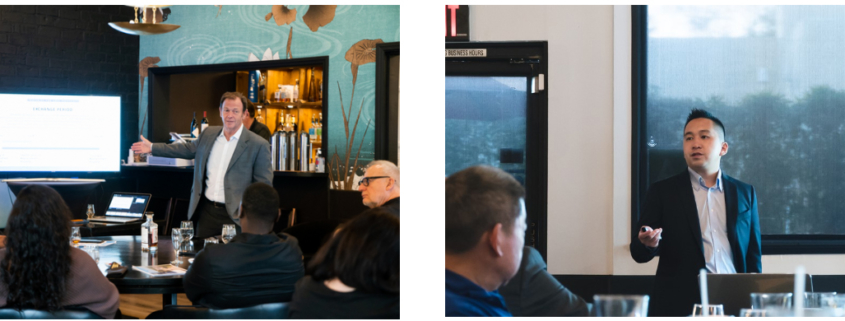Realty411’s Real Estate Investor Summit – Learn to Invest LIVE at this Expo
Celebrate Real Estate Investing with Realty411 – Join Us for an In-Person Event in Orange County.
Realty411 is ready to help investors take their life, business and real estate portfolio to a NEW LEVEL in our “new world” of networking.
We have exciting news regarding our In-Person Event in Irvine, California. Our special one-day conference will host incredible educators from around the country, who are ready to share their valuable insight.
RESERVE YOUR COMPLIMENTARY TICKETS HERE!

Be sure to join us in PERSON, if you can. We will have wonderful resources, plus guests will have access to private capital, plus business and commercial funding as well. Now is the time to grow your real estate business to new levels.
Thanks to our generous sponsors, subscribers and VIP members, our event is complimentary for everyone. Our early-bird guests will also enjoy a catered breakfast and gourmet coffee, plus plenty of networking opportunities.
Now is the moment to grasp this opportunity — the chance to network with sophisticated investors from California and around the country.
RESERVE YOUR COMPLIMENTARY TICKETS HERE!
Be sure to pencil this date now and join us in-person to gain specialized insight and knowledge. The information shared on this day could catapult your portfolio to new levels. Broker/agents will receive valuable training on the latest technology available to close more transactions.
This one-day conference has something for everyone regardless of their experience level in real estate. Join this memorable day and receive knowledge for a lifetime.
Learn the Latest Niches in Real Estate + Connect with Influential Investors from across the nation right here in Irvine, California!
OUR COMPLIMENTARY CONFERENCE IS THE #1 SOURCE FOR REI 411
This is Your Chance to meet TOP Leaders in REI, Local & National Experts
- Learn from Leaders & Industry Pros
- Meet Local PLUS Out-of-Area Investors
- NON-Stop Tips for Real Estate Success
- Bring Lots of Business Cards
RESERVE YOUR COMPLIMENTARY TICKETS HERE!
This event is produced and hosted by Realty411.com. Our company is based in Central California. Since 2007, we have dedicated our time, resources and energy to help expand real estate investing knowledge and education by producing complimentary magazines, virtual conferences, webinars, podcasts, and live events.
We also produce REI Wealth magazine, which is the longest-running magazine for investors specifically developed for online readership. Our digital, interactive issue is designed to be read and viewed online.
We now also print copies of this fabulous publication as well. Learn more about this publication at: http://REIwealthmag.com
INVEST YOUR TIME HERE FOR ONE SPECIAL DAY OF NETWORKING & MOTIVATION – TAKE YOUR REAL ESTATE KNOWLEDGE TO A WHOLE NEW LEVEL.
Don’t miss our complimentary real estate investor summit. What can you expect?
Learn with PROVEN Leaders in the Industry:
- Receive the latest REI knowledge from active investors
- We feature the latest technology to expand your income
- Meet other investors with common goals and mindsets
- Develop relationships with leaders in the industry
- Share your opportunities with potential clients
- Learn how to save money with our Realty411VIP.com members’ network.
- Realty411’s publisher has owned national rentals for many decades
- We will share life-changing information unavailable anywhere else
- We host complimentary events to meet our readers and to spread knowledge
Other events charge hundreds of dollars, but this day is PRICELESS
Realty411’s founder is local and has both media and real estate experience having graduated from California State University, Long Beach with a degree in journalism. Plus, her background includes17 years as a licensed California real estate sales agent. Currently, she is obtaining her MLS license as well.
Our mission is simple: To provide realty knowledge and resources so that everyone can learn about the benefits of investing.
OTHER SPECIAL BONUS PERKS INCLUDE:
- Early-Bird Guests Receive Our Investment Magazines
- Meet Local Leaders & Industry Giants – From Coast to Coast
- Influential Real Estate People & Business Owners Are Attending
- Learn How to Leverage and Meet Private Capital Lenders
- Find Potential Partners, New Friends, Build Your Circle of Influence
- Your Net Worth = Your Network — Don’t miss this event
- Mingle with Leaders & Industry Professionals Here
- Please bring LOTS OF BUSINESS CARDS, it’s time to Network!
For more information, please contact our office: 805.693.1497 – RESERVE YOUR COMPLIMENTARY TICKETS HERE!





